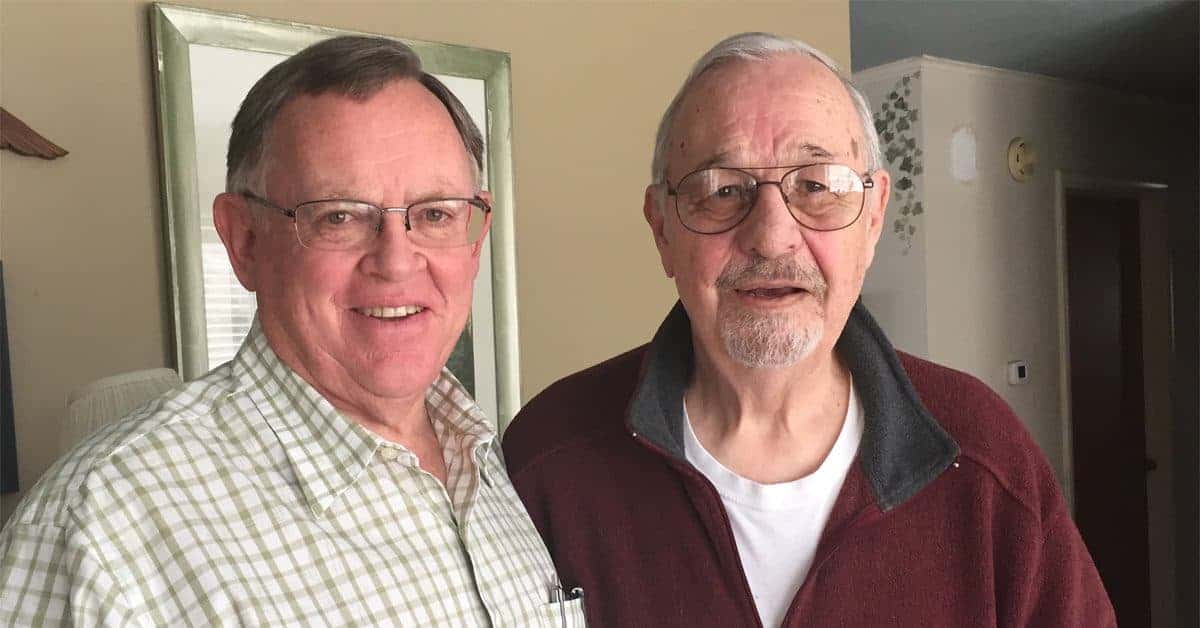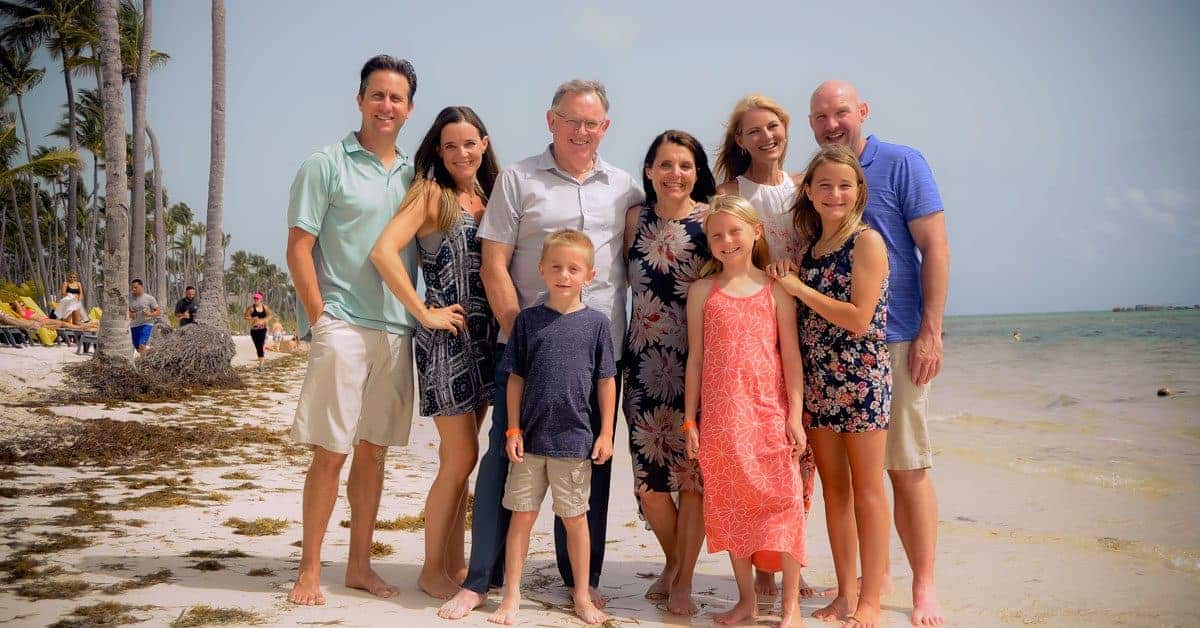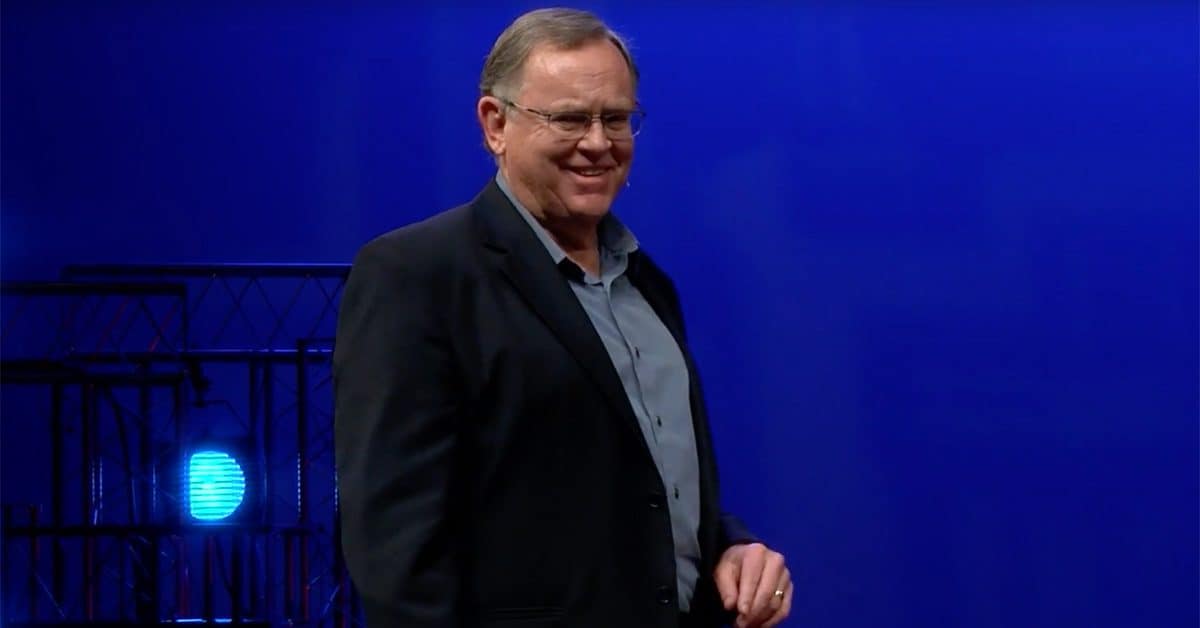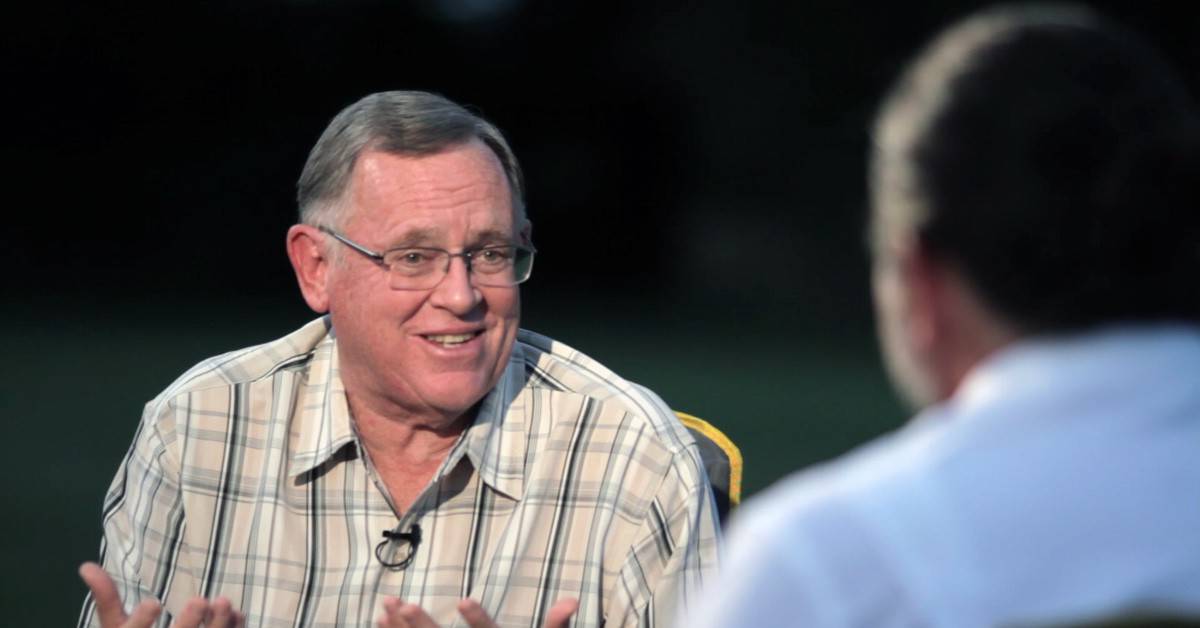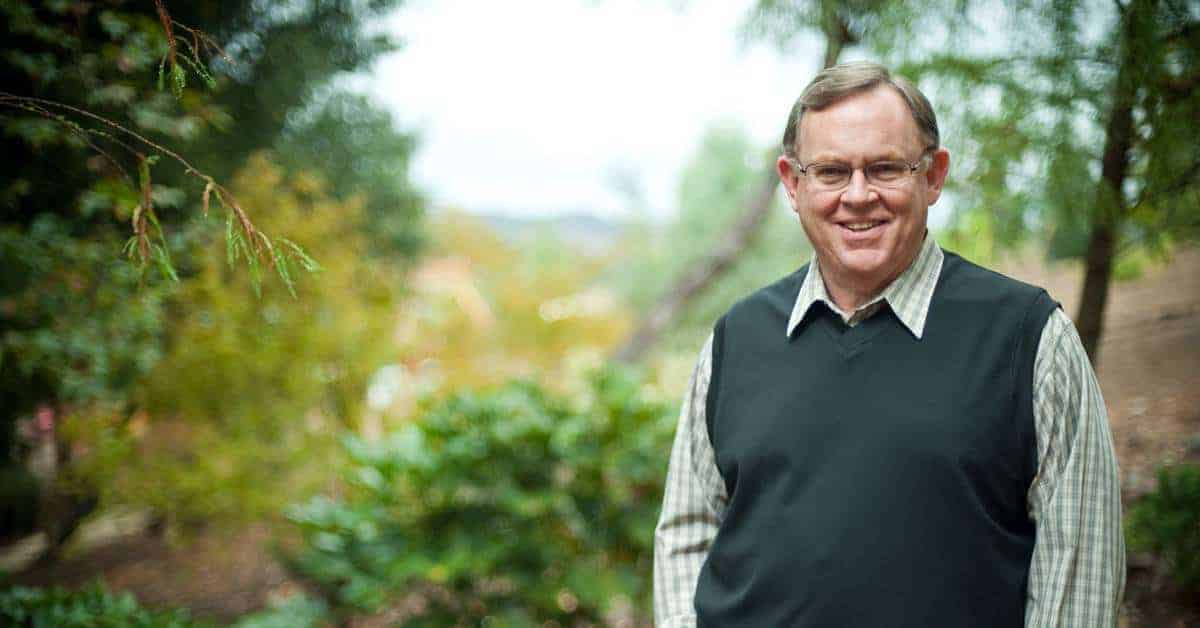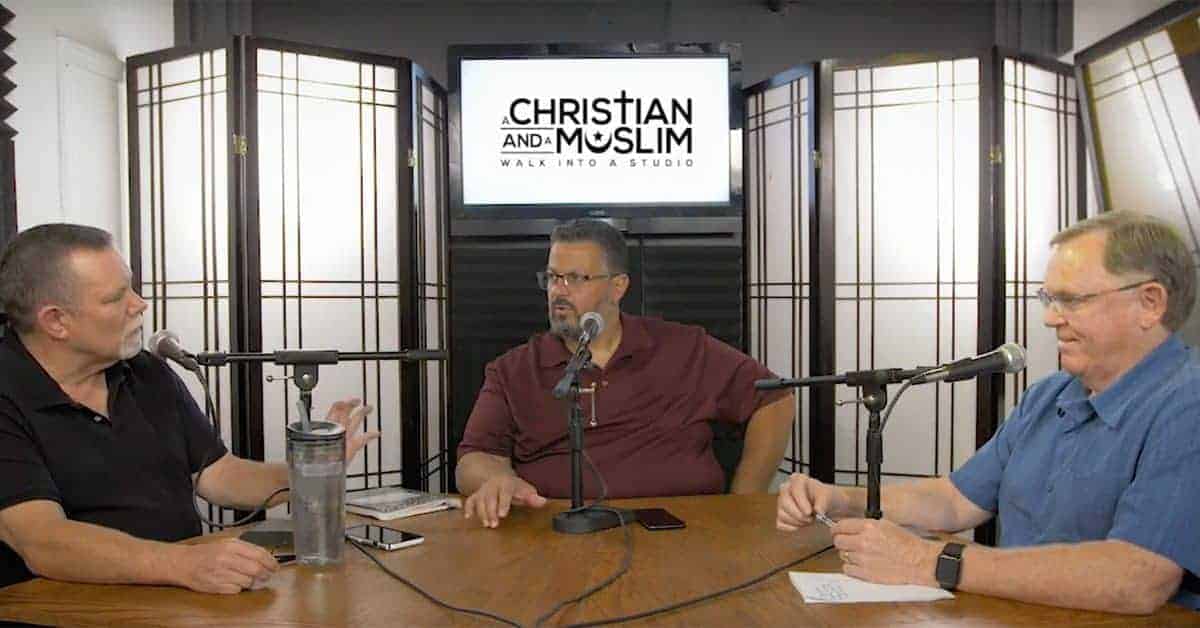Last November I was in Belgium amidst the cemeteries of the fallen in World War I. They were everywhere, in the middle of farms, along riverbanks. These men, mostly from England and Canada, were buried on the battlefields where their young lives ended. It was especially touching to me because my own father fought and was wounded in Europe, but in the Second World War, where so many of his friends died.
On this Memorial Day I am reminded of so many feelings I had standing in those cemeteries and looking at the thousands of graves of so many men whose lives ended at an all-too-early age. It was eerie and sobering.
hold in my heart great honor for those who have gone to war to protect the freedom of others. While our military has not always been used for just and moral purposes, that does not diminish in my heart the service of those who have risked their lives or lost them in the service to country. War has taken way too many young people, often because of some pathological despot, who wants to dominate the world or at least protect their own authority. And I count among them too the innocents who’ve been slaughtered in those conflicts, even today. I think of the children dying in Syria, who will never grow up and have a chance to know love, marriage, friendships, and creativity in God’s world.
I’m am frustrated at the political leaders who sacrificed young men and women merely to protect their political careers. As the The Vietnam Series by Ken Burns and Lynn Novice revealed how Kennedy, Johnson, and Nixon all knew that war was unjust and unwinnable but continued to send young men from my generation into its caldron because they didn’t want to be the first American President to lose a war. They lied to the American people every day about it.
While the US still does much good in the world, I am still gravely aware of the moral authority our country has lost in the world over my lifetime. Yes, the world is more complicated, but it doesn’t help that we have used our might, not always to help others, but to further our own interests. Our foreign policy has the stench of arrogance, and it has cost us severely. We force our will on others, instead of engaging with allies in genuine coalitions. I travel enough to know that our reputation in the world has suffered and few look on us now as a beacon of morality, generosity, and humility.
And I’m completely dismayed that so many have fallen for the drumbbeat of “America First,” failing to see how it only angers other nations. Yes, our government needs to look out for our best interests, but one of those interests has to be our generosity to the “least of these.” How can we who have so much be otherwise in the world?
I grew up a Christian nationalist, my passion for America tightly tied to my perception of the kingdom. It isn’t anymore. I’m not sure when or how it changed. I’m sure in part it came from having my illusion unmasked that our country is no longer a “beacon on the hill” of morality and hope. It is woefully corrupt and paralyzed by selfish interest rather than fighting for a common good. But I also hope it is also from the love of an expanding heart that no longer stops at the contrived borders humanity has drawn. I know there’s no way to erase them, but we can look beyond them. I wasn’t born here because I was special or deserving, and those born in more desperate cultures are no less humanity than me.
The children of war-torn Syria, cartel-infested regions of Mexico, or the drought-riddled plains of West Pokot, hold no less value than my own grandchildren. Those of us who live in the affluence and relative safety of the West, are invested with a greater responsibility to find ways to share it with those who lack.
So while I honor today the memory of those who gave their lives in service to their country, I’m aware that honoring their memory is more than pausing by a flag or a parade, but working for a better country and a better world where despots have no opportunity to subdue people under them.
Oh, and here’s the famous poem written in those Flanders fields I was walked in a few months ago. It’s why poppies are such a poignant symbol on this day. It is also an appeal to the living, to ensure that their lives were not given in vain.
In Flanders Fields
John McCrae, 1872 – 1918
In Flanders fields the poppies blow
Between the crosses, row on row,
That mark our place, and in the sky,
The larks, still bravely singing, fly,
Scarce heard amid the guns below.
We are the dead; short days ago
We lived, felt dawn, saw sunset glow,
Loved and were loved, and now we lie
In Flanders fields.
Take up our quarrel with the foe!
To you from failing hands we throw
The torch; be yours to hold it high!
If ye break faith with us who die
We shall not sleep, though poppies grow
In Flanders fields.




